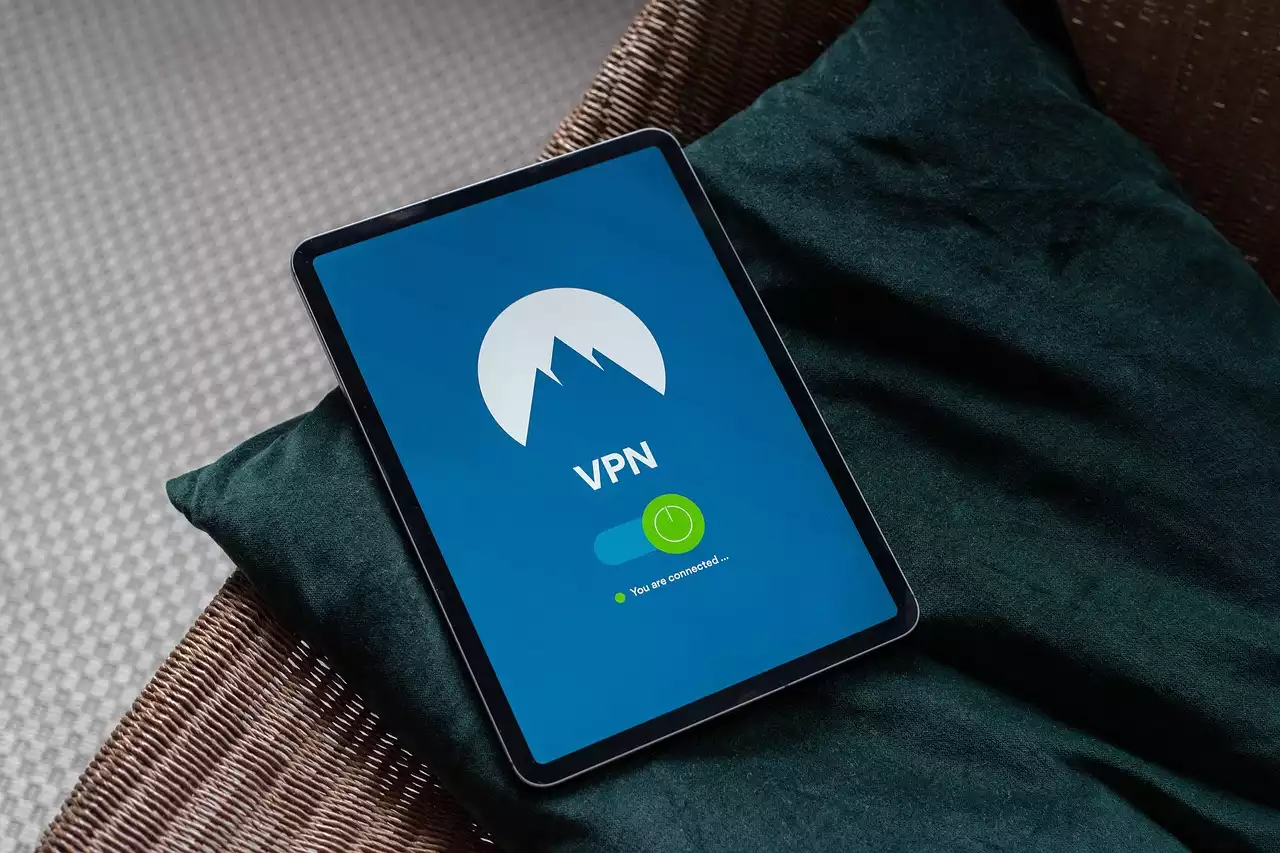What is Home Automation?
Home automation is the process of controlling and automating home processes through technology. This can include the use of sensors, switches and appliances that are connected to each other through various internet and wireless technologies. A home automation system allows a homeowner to control these devices and appliances remotely, or with voice control. With home automation, you can control lights, security, appliances and more with just the touch of a button or the sound of your voice. Home automation can help you save energy, automate your daily routine, monitor your home and even let you in remotely when you forget your keys. This technology can be used in all areas of the home, including lighting, heating, cooling and security.
Benefits of Home Automation
Home automation can provide a range of benefits for homeowners. These include increased security, energy savings, increased convenience and more. Home automation can help make your home more secure by providing monitoring and real-time alerts in the event of a break-in or intrusion. Home automation can help you save energy, as thermostats can be programmed to adjust for peak usage times, as well as lights that can be scheduled to turn off or dim when not in use. Home automation can also provide greater convenience for homeowners, as devices can be programmed to turn on or off at specific times, or with voice control.
Home Automation System Components
An effective home automation system will include a number of different components, all of which will vary depending on the system that is used. A home automation system usually consists of a server or computer, as well as sensors and devices, as well as an app to control the system. The computer is often referred to as a “hub,” and it is the main control center for the home automation system. Hubs are connected to each other and to devices in the home by wires, or may use Wi-Fi. Sensors are used to detect things in the home and outside, such as movement, temperature, light and more. Devices connect to the hub and can include lights, door locks, thermostats and more. Apps are used to control and monitor the home automation system and can be accessed on both mobile and desktop devices.
Home Automation Systems and Security
Home automation systems can be used to enhance the security of a home, and can also provide monitoring and alerts in the event of a break-in or intrusion. Sensors can be used to detect movement, temperature, light and more, and can be programmed to automatically control lights or appliances in the event of a triggered event. Home automation systems can also connect to security systems, allowing for real-time monitoring and control. This can help to enhance home security and make it easier to monitor a home’s security and alerts.
Home Automation and Energy Savings
Home automation can help to make your home more energy efficient by programming lights and thermostats to adjust for peak usage times. This can help to reduce the amount of energy that is being used, and also reduce monthly bills. Home automation can also help to save energy in other ways, such as by using sensors that can be programmed to control lights and appliances based on time of day and other factors.
Home Automation and Remote Monitoring
Home automation can provide remote monitoring of a home’s systems, allowing homeowners to keep tabs on their home while away. Sensors can be used to detect things in and around the home, such as temperature, light and more. Homeowners can be alerted of any changes or events that occur in their home through an app. This can include motion alerts, changes in temperature and more.
Home Automation and Smart Home Devices
Home automation can be used with smart home devices or devices that have been connected to the Internet and can be controlled remotely. Home automation systems can be programmed to respond to specific commands, such as using voice control to turn lights on or off, or using an app to turn devices on and off. Homeowners may also be able to create more complex schedules and events to control their devices on a regular basis.
Home Automation Installation and Setup
If you are interested in installing a home automation system, it is important to note that this will require some installation and setup. The installation of a home automation system can vary from system to system, and will often require a professional to install. Most systems will require wiring to be run throughout the home, and may also require the installation of additional devices and sensors. Home automation systems can be installed as part of a new home, or added to an existing home. Depending on the system that is used, installation can be quite complex and may require a professional installer.
Home Automation Solutions and Services
There are a number of providers that offer home automation solutions and services. Homeowners can work with these providers to design a custom home automation system that meets their specific needs and preferences. Once the system is designed, it can be installed by the provider, or the homeowner can hire a contractor to install the system.
Home Automation Cost Considerations
Home automation systems can vary in cost depending on the system that is used. In general, home automation systems can be quite expensive, and are often associated with luxury and wealth. However, many systems are available at lower price points, making home automation available to a wider range of homeowners. When shopping for a home automation system, homeowners will want to consider several different factors, including the system that is used, the cost, and what devices are included in the system. It is also important to consider how the system will be installed, and if a professional will need to be hired for installation.






.png?size=50)


